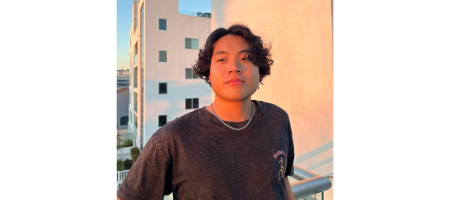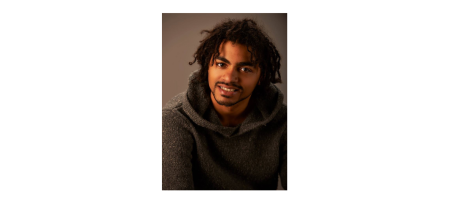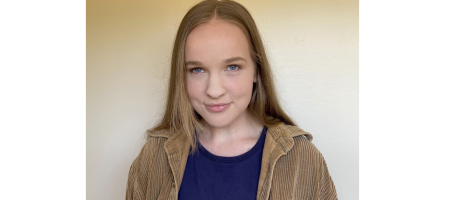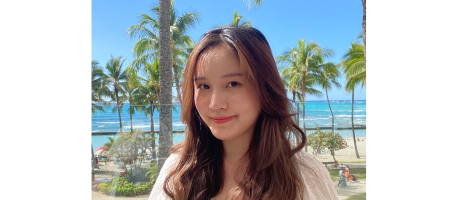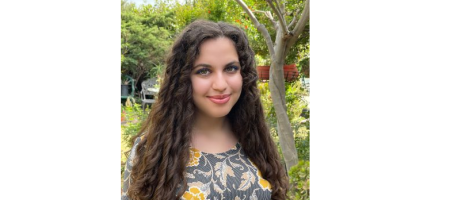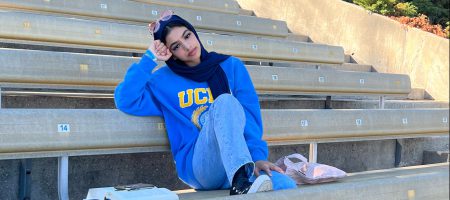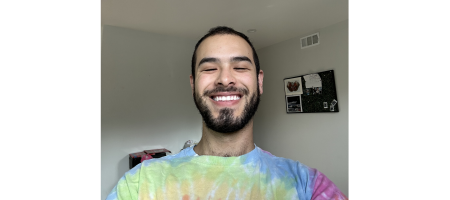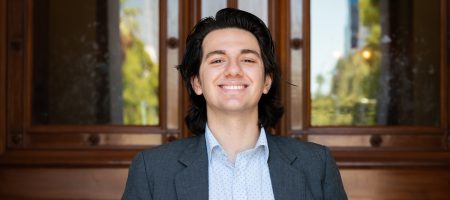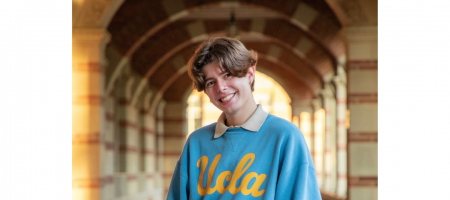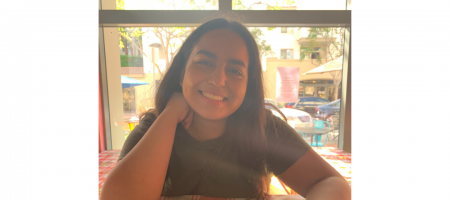Student Spotlight – Mario Peng Lee
Meet UCLA undergraduate researcher Mario Peng Lee!
Mario majors in Linguistics & Computer Science and Psychology, minors in Data Science Engineering, and is in the Undergraduate Research Scholars Program. The title of his project is “Meta-Learning in Language Learning Technology.” Mario’s work studies a flaw in current language learning: the maximization of screen time and exposure, which may not be the optimal way to learn a new language. His best piece of advice is to look at the world critically, find a problem with a tangible solution, and develop a small idea into a bigger project.
How did you first get interested in your research project?
As an active language learner, I noticed a flaw in current language learning technology. Most apps and websites maximize screen time and exposure using tools such as gamification and rewards. However, while this can increase user exposure to the target language, it may not be the most optimal process. Additionally, the detrimental effects of screen time are widely known, and it would be ideal to reduce it.
What has been the most exciting aspect of your research so far?
Brainstorming alternative teaching methods has been incredibly exciting. I had to dive deep into many different disciplines such as the psychology of motivation, linguistics, game design, and even machine learning!
What has surprised you about your research or the research process?
I was surprised by the amount of existing work on the topic I selected. I was also incredibly surprised by the lack of scientific support all the current language learning technologies have.
What is one piece of advice you have for other UCLA students thinking about doing research?
The best way to start doing research is by looking at the world critically and finding a problem with a tangible solution. I would advise students to start with small ideas that evolve into bigger projects rather than the other way around. Ask for help from professors. If they are busy, it is always a good idea to collaborate with grad students.
What effect do you hope your research has in your field, at UCLA, in your community, or in the world?
I hope my research can contribute to the ongoing discussion on (language) learning technology. I hope to contribute a meaningful study, algorithm, design, or method to increase the validity of certain claims that these technologies make.


